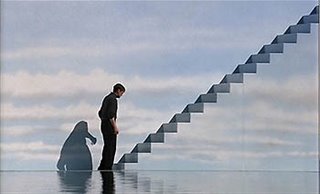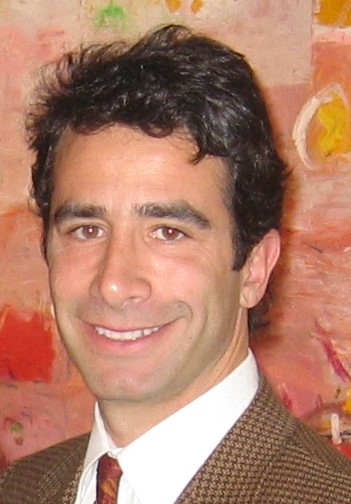The Consumer. What does a consumer do?
Well consume.
But investors and entrepreneurs use the word "consumer" as shorthand. It has been the capitalist slang for "human." Does this mean that there might be a different view of the word "consumer" ?
Its the purpose of this blog to explore and discuss all facets of this so-called "human." What drives a human. What motivates a human. What they do. What they construct. What they communicate. What they consume.
In a sort of client/server model, humans have been the consumers of the production of enterprises. Enterprises in the sense of pooling people together to create, communicate, and control. This model has existed for ages and fueled the development of the world we now know. And it covers the developments of organizations from religious groups to corporate marketing to governmental groups.
Historians have defined ages as the "agricultural period," the "industrial age," and the "information age." These are technological descriptions of societal development.
The previous ages have now enabled what I am calling the "virtual age."
Basically the use of virtual technologies. Virtual technologies are technologies that use bits, not atoms, as way to affect and integrate the real world. One could argue that the information age was about this. But it wasn't. It was about creating the information and network infrastructure that allows for this "virtualization" of the world and our lives.
The Virtual Age is all about the expansion and integration of our real world and our virtual world.
Remember the Truman Show? It caught our attention in a numerically huge way.....because it tapped into what people were sensing. That we are indeed in the "Virtual Age."


Well consume.
But investors and entrepreneurs use the word "consumer" as shorthand. It has been the capitalist slang for "human." Does this mean that there might be a different view of the word "consumer" ?
Its the purpose of this blog to explore and discuss all facets of this so-called "human." What drives a human. What motivates a human. What they do. What they construct. What they communicate. What they consume.
In a sort of client/server model, humans have been the consumers of the production of enterprises. Enterprises in the sense of pooling people together to create, communicate, and control. This model has existed for ages and fueled the development of the world we now know. And it covers the developments of organizations from religious groups to corporate marketing to governmental groups.
Historians have defined ages as the "agricultural period," the "industrial age," and the "information age." These are technological descriptions of societal development.
The previous ages have now enabled what I am calling the "virtual age."
Basically the use of virtual technologies. Virtual technologies are technologies that use bits, not atoms, as way to affect and integrate the real world. One could argue that the information age was about this. But it wasn't. It was about creating the information and network infrastructure that allows for this "virtualization" of the world and our lives.
The Virtual Age is all about the expansion and integration of our real world and our virtual world.
Remember the Truman Show? It caught our attention in a numerically huge way.....because it tapped into what people were sensing. That we are indeed in the "Virtual Age."




 Site Feed
Site Feed
<< Home